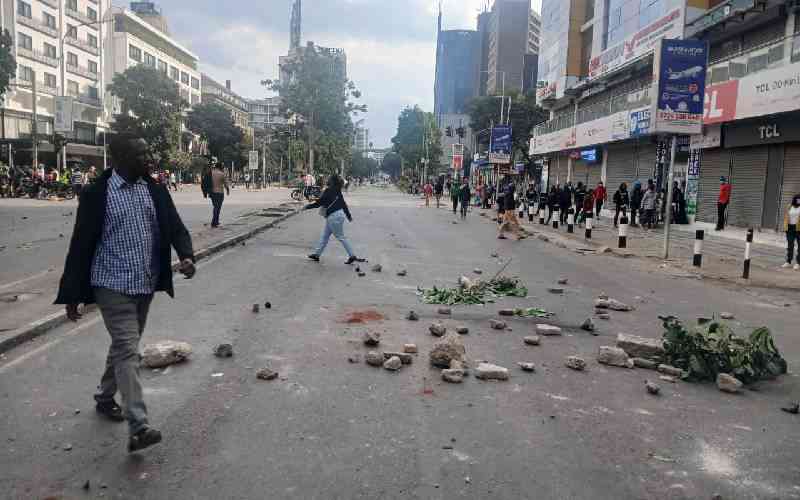Double Standards: MP Olanya Blasts Museveni on Balaalo Inaction
President Yoweri Museveni is facing accusations of “double standards” in his handling of the long-standing issue of migrant cattle keepers, commonly known as Balaalo, in Northern Uganda. Gilbert Olanya, the Kilak South Member of Parliament, on Monday criticized the President for issuing multiple eviction directives that he claims have gone unenforced, leading to escalating tensions and widespread frustration.
Speaking at a press conference at the Northern Uganda Media Club in Gulu City, MP Olanya highlighted that President Museveni has issued directives in 2017, 2021, and again in 2023, ordering non-compliant cattle keepers to leave Northern Uganda, particularly those lacking proper fencing, veterinary support, and land ownership documents. However, Olanya asserted that many herders have either returned or never left, with some reportedly acquiring land under questionable circumstances.
Olanya argued that as the “fountain of honor,” President Museveni’s directives should be definitive and followed by concrete action. He contended that the perceived lack of enforcement has emboldened the Balaalo to defy eviction orders, contributing to growing conflict between local communities and the encroaching herders.
The MP also laid blame on a section of Acholi leaders, labelling them as “transactional leaders” who he claims are neglecting the interests of their constituents. He cited the sparse attendance at his press conference – only two out of over 30 Acholi MPs – as evidence of their alleged selfishness and mishandling of the Balaalo issue. Olanya urged voters to critically assess their current leaders and vote for those who prioritize the tribe’s interests over personal gain.
Betty Aol Ocan, the Woman MP for Gulu City, echoed Olanya’s concerns, questioning the sincerity of President Museveni’s executive orders if their implementation remains shaky. “The presidential order on eviction of the Balaalo or even any other order he gives should be implemented to the dot. If the implementation is not to the dot, then he should be able to query why it is not to the dot. That is why some of us query him,” Aol stated.
Aol further suggested that placing security officials in charge of the eviction process is a “calculated move” to prolong the cattle keepers’ stay, arguing that these officials cannot recommend the eviction of their own “bosses” who are reportedly grazing thousands of cattle on Acholi land. She also criticized some leaders for giving conflicting views on the eviction order, thereby weakening the stance of honest leaders.
According to Aol, a united and strong front from cultural leaders could have sensitized locals – many of whom spent years in internally displaced persons’ camps without formal education – against selling communal land. She stressed that all large land acquisitions by cattle owners in Acholi were “fraudulently” conducted, as no individual Acholi traditionally owns such vast tracts of land independently, but rather in common.
Aol proposed that it would be more reasonable for cattle keepers to purchase land within urban areas, likening it to a “compound or sitting room where everyone is welcome.” She challenged anyone to point to an Acholi owning 1,000 acres in Bunyoro or 500 acres in Western Uganda, emphasizing the cultural difference in land ownership.
Acholi leaders have consistently raised concerns that the influx of Balaalo is undermining community land rights, degrading the environment, triggering violent land conflicts, and eroding Acholi culture.1
Despite these ongoing concerns and presidential directives, a recent eviction deadline passed without significant action.2 On May 23rd, the State Minister for Northern Uganda, alongside officials from the 4th and 5th Divisions, issued a two-week ultimatum for migrant cattle keepers to leave.3 However, according to MP Olanya, the deadline of June 4th passed with “no single animal” evicted. Security officials’ statistics indicate that over 92,000 cattle belonging to migrant keepers currently occupy an estimated 11,000 kraals in Northern Uganda.












